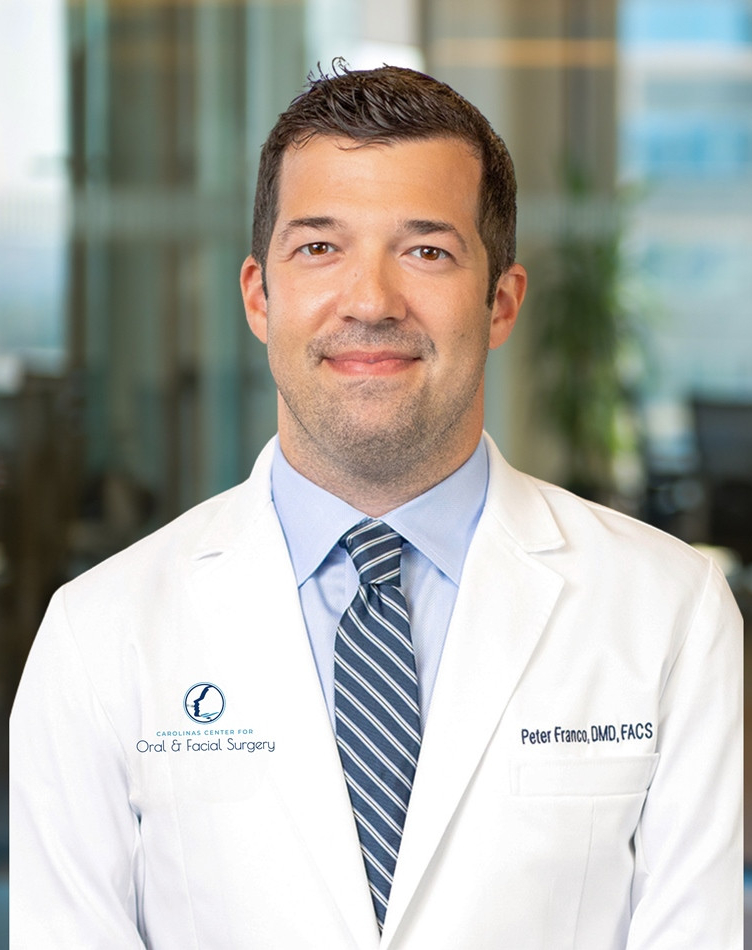| ADDRESS | |
| CONTACT | P: (704) 547-0837 |
| HOURS | Mon-Thur: 8:00 AM–5:00 PM |
Charlotte’s Dental Implants and Oral Surgery Practice of Choice
When you choose us, you can trust that we will put you first. From gentle wisdom teeth extractions to complex corrective jaw surgery, our team of dental specialists will ensure that your care is personalized to your needs, that you are comfortable throughout any treatment, and that you feel confident about your care.
Specializing in Oral & Maxillofacial Surgery
Our team of oral and maxillofacial surgeons provides outstanding care and service for a complete range of oral and facial issues involving the mouth, head, and neck. We offer comprehensive oral surgery services, including dental implants, bone grafting, tooth extractions, facial trauma, and reconstructive surgery. We also treat patients with facial pain, TMJ disorders, and sleep apnea.
Oral Surgery Services in Charlotte - University
Charlotte, NC - University Providers
Your Oral Surgery, Wisdom Teeth Removal, and Dental Implant Experts
Our board-certified oral and maxillofacial surgeons, prosthodontists, and anesthesiologists partner on your care to provide extraordinary service and treatment results. Get familiarized with the doctors in our University Office in Charlotte, NC who are eager to provide you with the highest-quality care and dental treatments.













